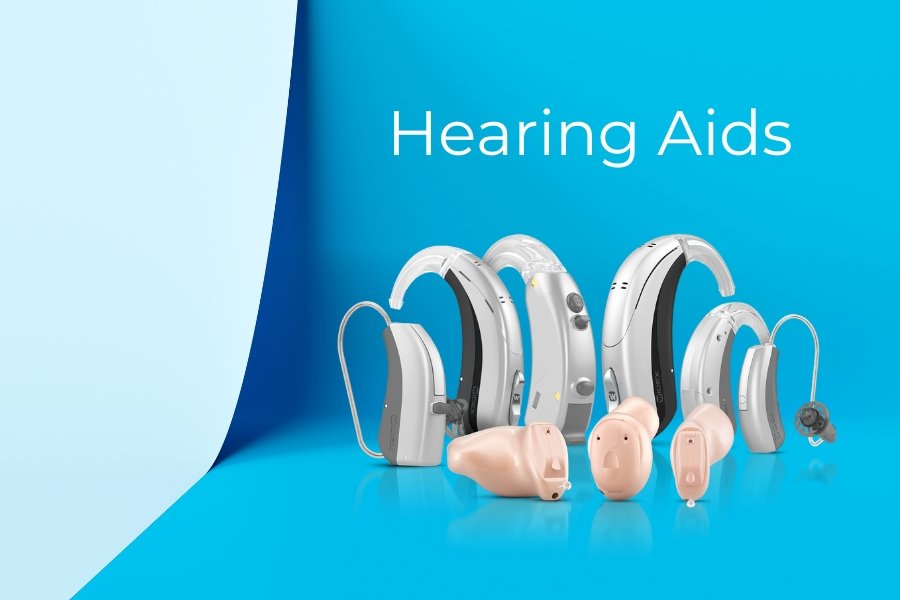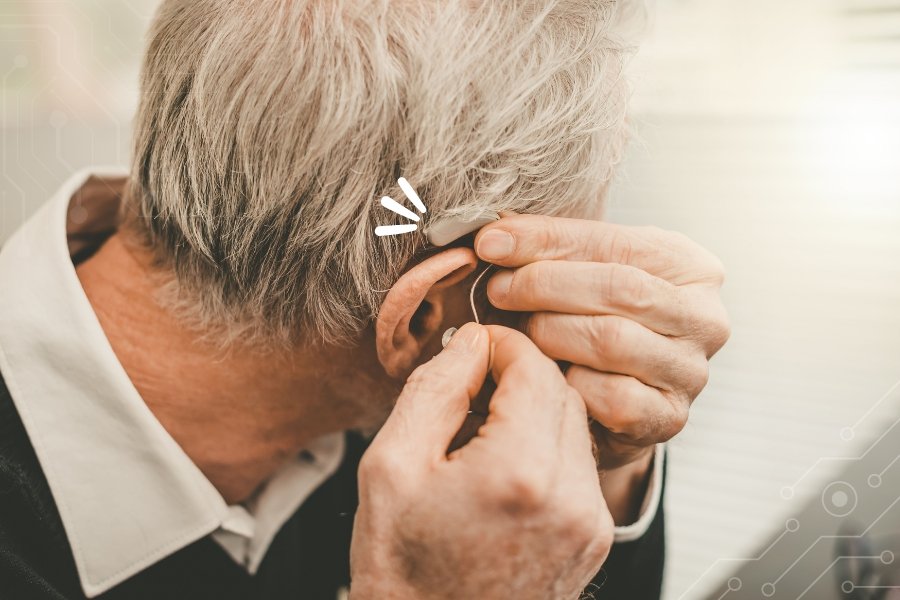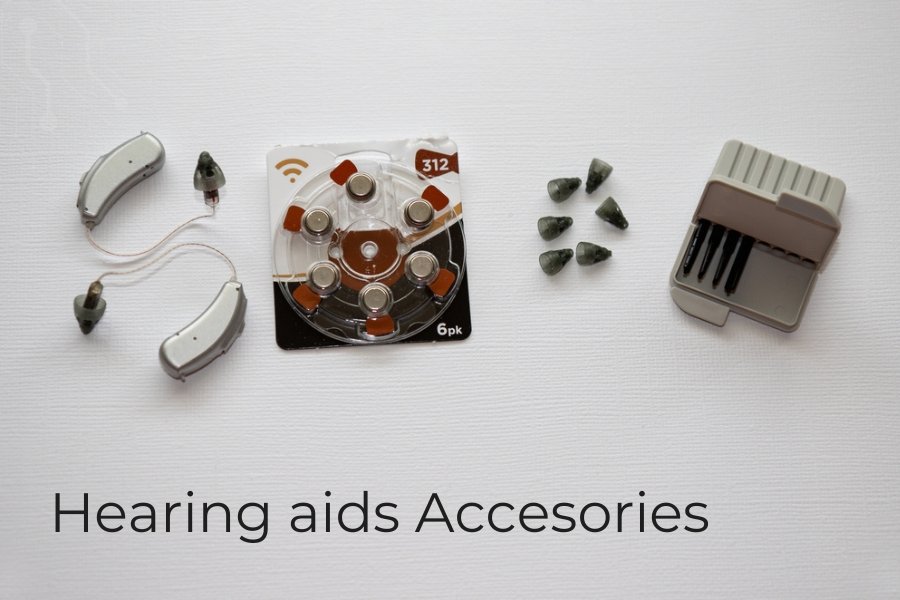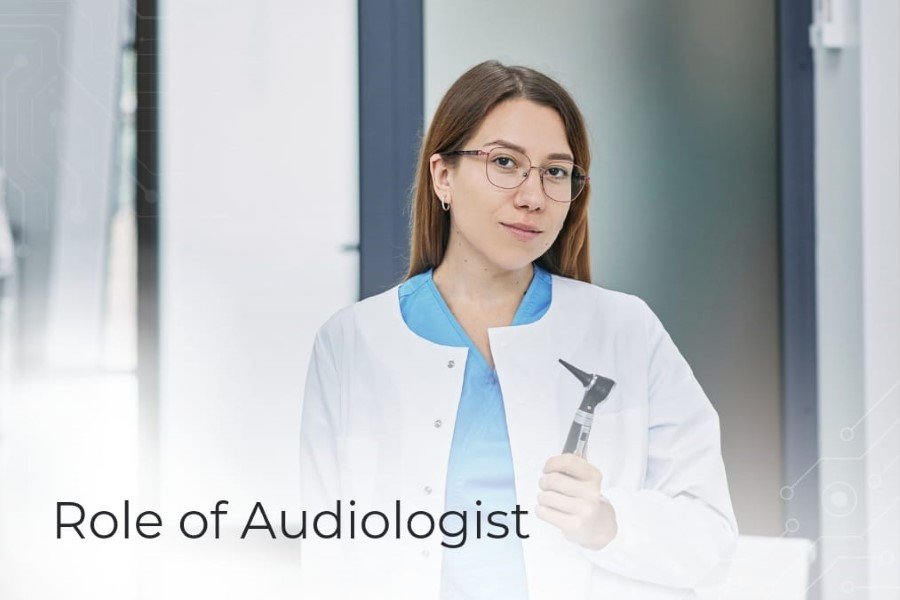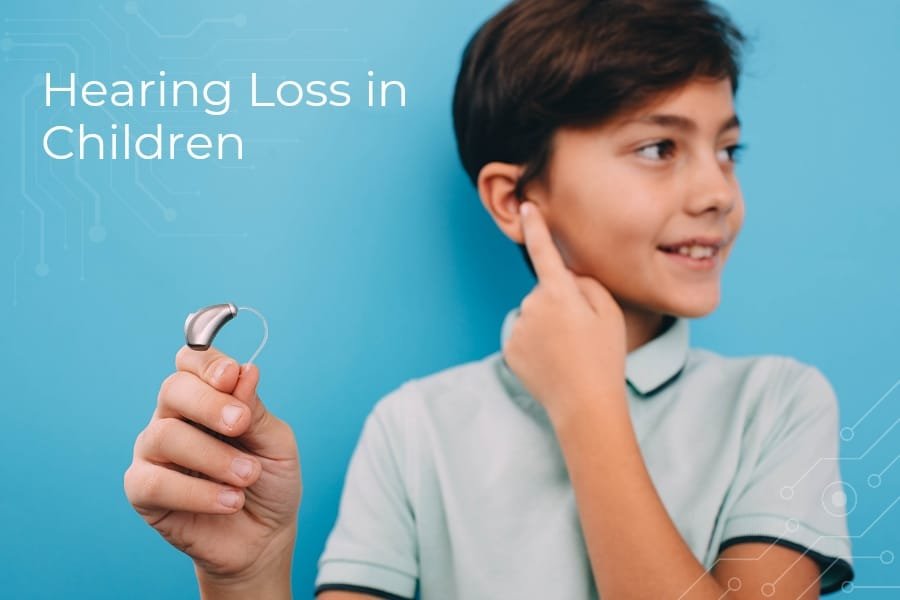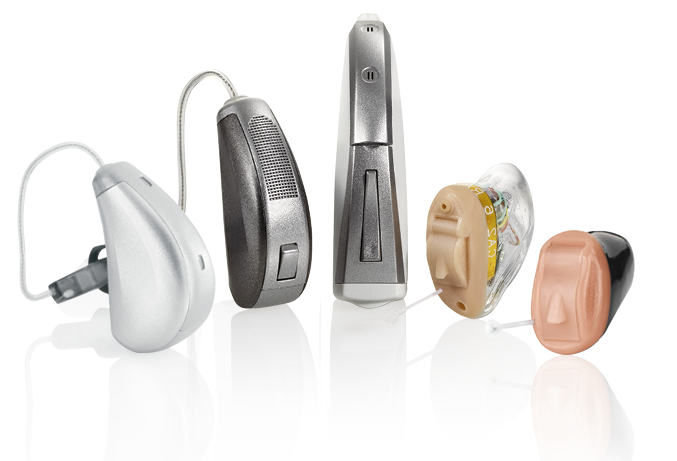Understanding the Impact of Hearing Loss on Mental Health
Hearing loss can be a profound and often overlooked aspect of one’s health that extends far beyond the physical limitation of not being able to hear clearly. It can significantly affect mental health, impacting an individual’s emotional well-being, social interactions, and overall quality of life. At SPees, we understand the deep-rooted connections between hearing health and mental health, aiming to provide our clients with a holistic understanding and compassionate solutions. Social Isolation and Loneliness One of the most immediate impacts of hearing loss on mental health is the potential for social isolation and loneliness. Hearing loss makes it challenging to engage in social interactions, whether at family gatherings, work meetings, or casual conversations with friends. People with hearing difficulties often find themselves missing out on jokes, important details, or subtle nuances of conversation, making them feel left out. Over time, this can lead to feelings of isolation and loneliness, as individuals may start to withdraw from social settings where they fear missing out or being misunderstood. Depression and Anxiety Hearing loss is closely linked with an increased risk of depression and anxiety. The constant struggle to understand conversations, combined with the frustration of not being able to respond accurately, can lead to a sense of helplessness. This experience, especially when prolonged, can cause low self-esteem and sadness, both key indicators of depression. Additionally, people with hearing loss may experience anxiety due to the fear of misunderstanding others or being misunderstood, creating an ongoing cycle of stress. Moreover, research has shown that the prevalence of depression among those with hearing loss is nearly twice that of people without it. The added stress of feeling “disconnected” from the world around them can amplify these emotional challenges. Cognitive Decline and Memory Issues Hearing is an essential part of cognitive processing, helping our brains stay sharp by constantly interpreting sounds. When hearing diminishes, the brain has to work harder to process sounds, allocating more resources to understanding words and speech, which can lead to cognitive overload. This overload is a strain that can hinder memory and other cognitive functions over time. A study from Johns Hopkins found that individuals with untreated hearing loss are more likely to experience cognitive decline sooner than their counterparts with normal hearing. By consistently engaging in auditory processing, people can maintain cognitive sharpness and potentially stave off the symptoms of dementia. However, hearing loss without intervention can interrupt this engagement, speeding up cognitive decline. Frustration and Low Self-Esteem The frustration of struggling to hear and follow conversations can have a deep impact on one’s self-esteem. It can lead individuals to feel as though they are constantly making mistakes in social interactions, or that they are somehow “deficient” because they can’t understand others as easily. This sense of inadequacy can foster a negative self-image, especially if others are unsympathetic or dismissive of their hearing challenges. How SPees Can Help At SPees, we are committed to providing accessible, compassionate solutions for individuals with hearing loss. Understanding that hearing health affects mental health, our approach is multifaceted: Advanced Hearing Solutions: We offer a range of high-quality hearing aids tailored to our clients’ specific needs. By restoring auditory input, these devices can help reduce the cognitive strain on the brain, supporting both mental and cognitive health. Personalized Counseling: Beyond just fitting hearing aids, our team provides counselling to help clients adapt to their devices and understand how hearing health impacts their overall well-being. Community Engagement: SPees fosters a community of support by connecting individuals with similar experiences. Knowing that others are facing similar challenges can reduce the sense of isolation, empowering individuals to manage their hearing loss without shame or stigma. Education on Mental Health: At SPees, we actively educate clients and their families about the connection between hearing loss and mental health, encouraging open conversations and early interventions. Seeking Help Is the First Step For those experiencing the effects of hearing loss, seeking professional help is the first step towards maintaining both hearing and mental health. Addressing hearing loss early can help prevent the downward spiral of mental health issues, keeping individuals socially engaged, mentally sharp, and emotionally balanced. If you or a loved one is dealing with hearing loss, SPees is here to help you on this journey, offering expert guidance, advanced hearing aids, and the support needed to thrive. Hearing loss may be part of life, but it doesn’t have to compromise the quality of it. Together, we can bridge the gap between hearing and well-being, ensuring that every individual can fully enjoy life without the burden of isolation or cognitive strain.


